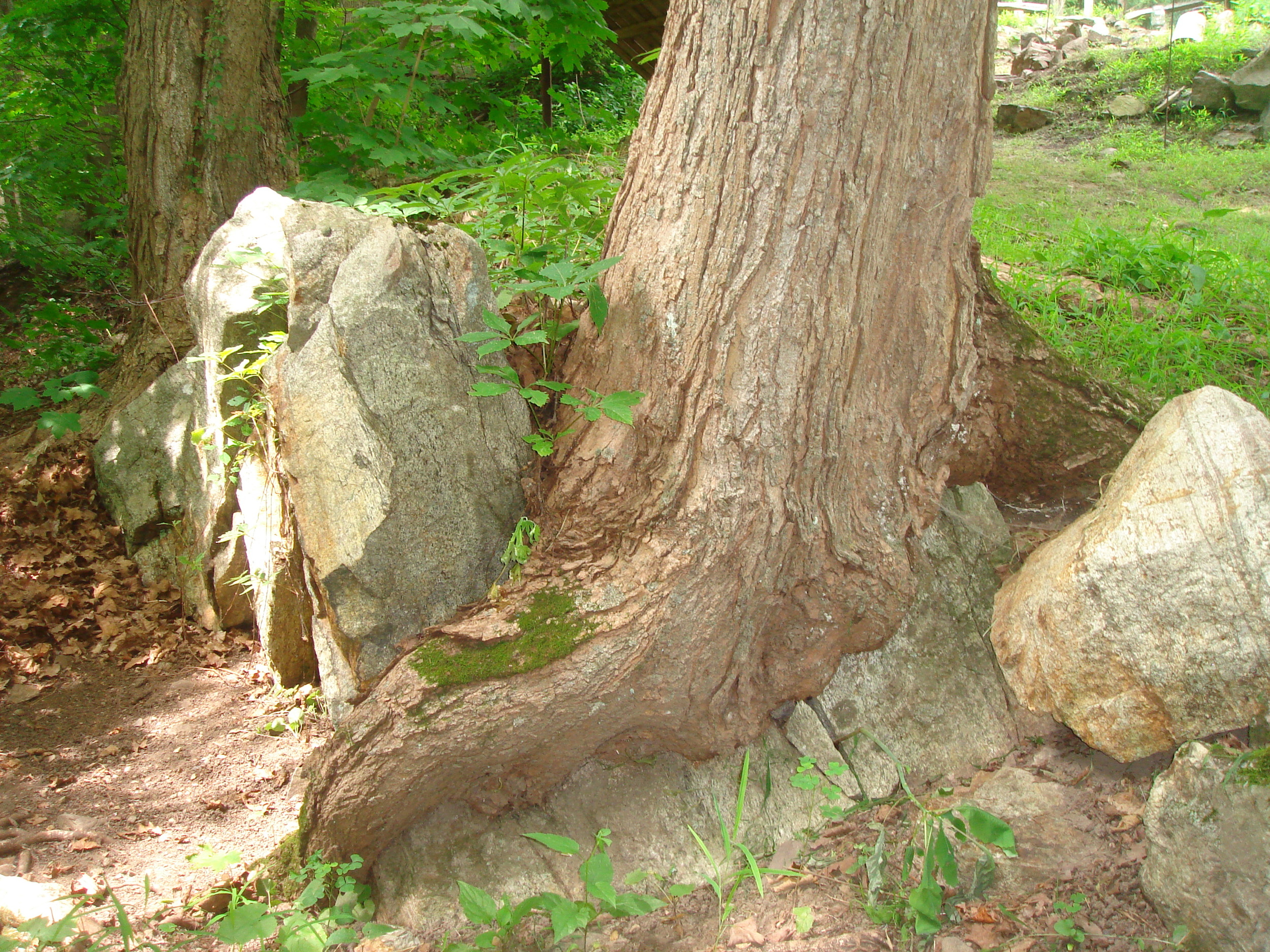We have become used to instant gratification. Information is now available at the touch of a finger. We no longer write letters, barely even send e-mails or make telephone calls, we text and twitter. Our attention spans have become shorter, as teachers have noticed, and the movie and TV industries exploit and promote it, which then self-perpetuates.  On the material side the credit system has enabled us to buy now and pay later, since we choose no longer to be patient until we have saved up enough money. Besides houses and cars we can also get everything else instantly without paying for it upfront (just pay Amazon an annual fee and you'll get 2-day shipping on all your orders). We have lost our patience, we live on credit, and we are banking on a better future to acquire today’s perceived needs now.
On the material side the credit system has enabled us to buy now and pay later, since we choose no longer to be patient until we have saved up enough money. Besides houses and cars we can also get everything else instantly without paying for it upfront (just pay Amazon an annual fee and you'll get 2-day shipping on all your orders). We have lost our patience, we live on credit, and we are banking on a better future to acquire today’s perceived needs now.
The belief that this system will work long-term is also coloring our relationship with nature. Many don’t want to believe - yet, as it seems - that oil and natural gas reserves are finite. Many don’t want to believe - yet, - that we have a huge garbage problem. Many don’t want to believe that we have any number of grave environmental challenges to deal with. We’ll fix them in the future – or so many still like to believe. Environmentally speaking, we live thus on credit instead of investing now into our environmental future. From indigenous cultures we need to relearn patience and a long-term outlook on issues. 
Native Americans look seven generations ahead into the future! We must invest in a viable future for our children, grandchildren, and five more generations out, instead of leaving them to mop up our messes. The Lorax is a good book by Dr. Seuss on what happens otherwise.
